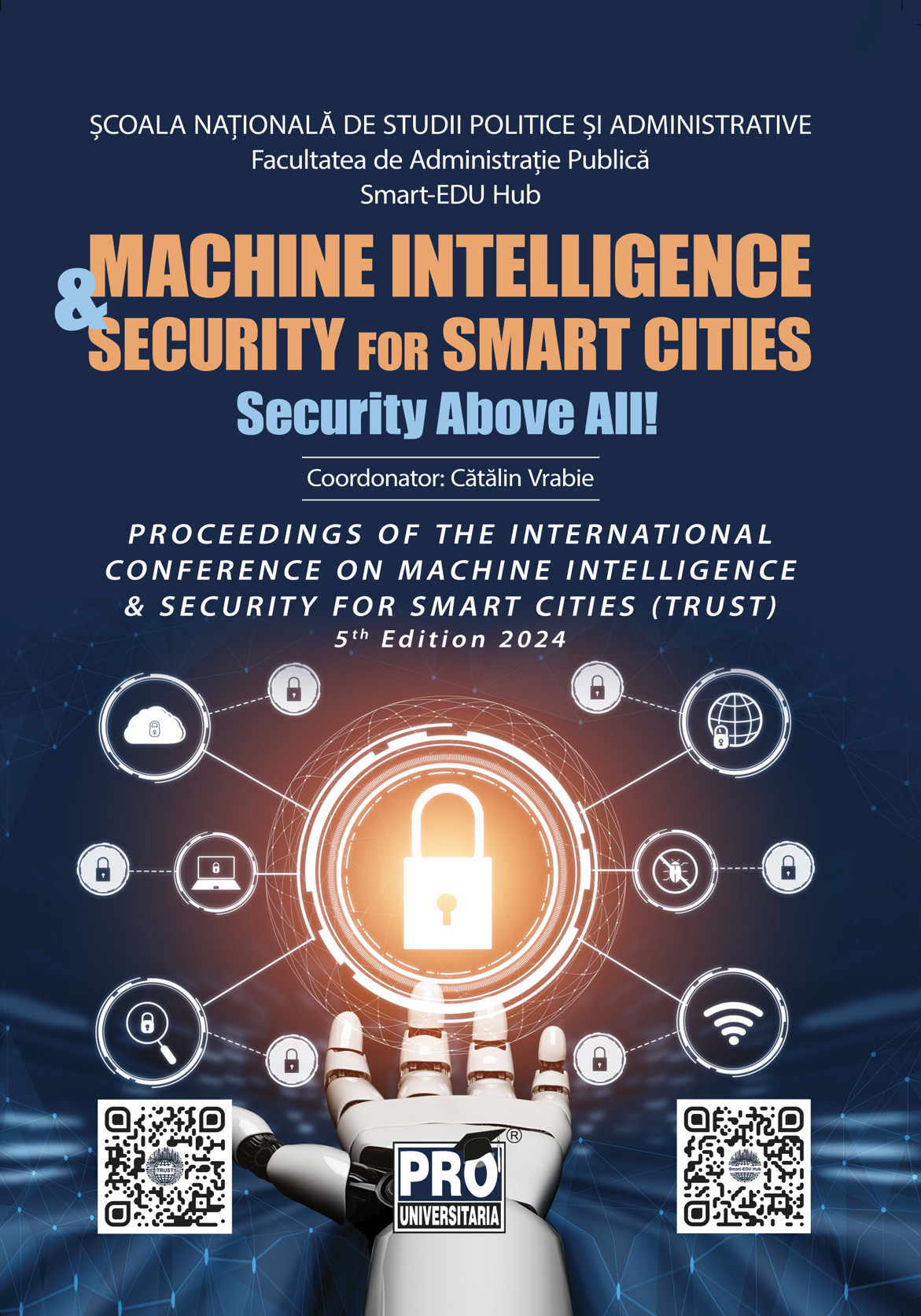Attacks against data security in smart cities: hypothetical scenarios or reality?
Keywords:
culture, values, mindset, practicesAbstract
The Objective is to show how changes in our lifestyle, which becomes more comfortable due to technological advancement, can lead to changes in which attacks, theft and various frauds can occur in smart cities. We need to be aware of risks. Prior work includes selected case studies and hypothetical risks scenarios, studied focusing not on the information, but on the way we relate to it. The 2018 Atlanta ransomware attack of the computer system of an entire smart city led to shutting down the municipal course, and to not allowing the citizens to pay their water bills and tickets for city traffic. In 2014, there was an attack on smart household appliances, worldwide, and home-networking routers were damaged. In Los Angeles, in 2016, an incident delayed work at MedStar hospital chain. The cyberattack caused data breaches in the healthcare industry, since medical equipment, such as pacemaker devices and MRI machines rely on information which expose them to risks. Hypothetical scenarios include cyberattacks damaging the way traffic functions. Approach: Data Security will be analysed from a psychological and cultural perspective, related to the anthropology of urban communities, and to the way in which individuals understand their right to personal space, data privacy, and the protective role of the cities. Case studies in previous research and news will be analysed. Results: Regarding the large-scale damage once cyberattacks occur, at the level of various areas of activity, affecting the entire city, what measures are taken by the European Union? Is digital democracy a simple utopia? Implications: Knowledge of previous experience means prevention for authorities and precaution for citizens. Value: Human beings need to cooperate with technology, but not passively. They need to be aware of its limits and not consider it a magical solution. Technology has shaped our urban culture and mindset.
Downloads
Published
Issue
Section
License
Copyright (c) 2024 Irina-Ana DROBOT (Author)

This work is licensed under a Creative Commons Attribution-NonCommercial-NoDerivatives 4.0 International License.


